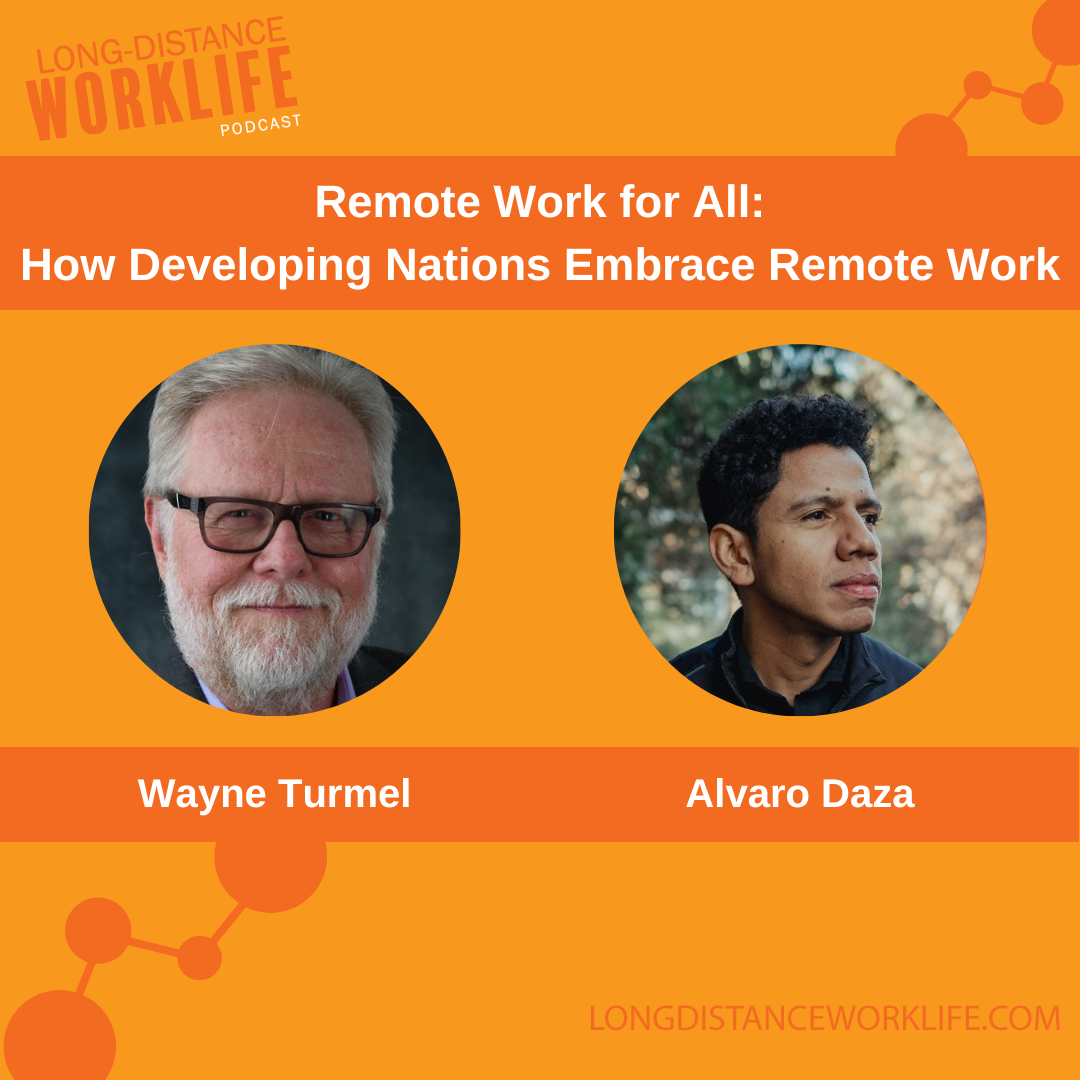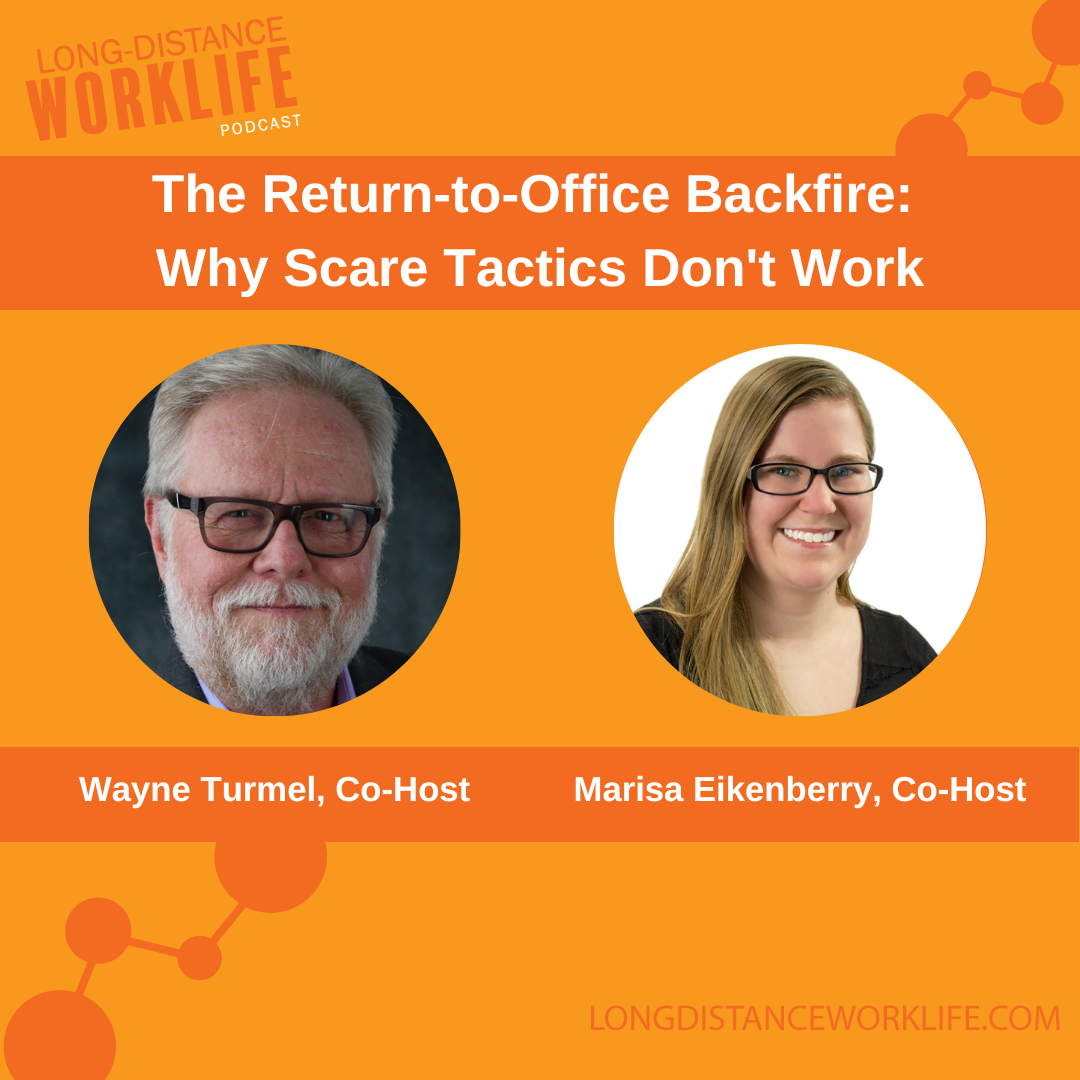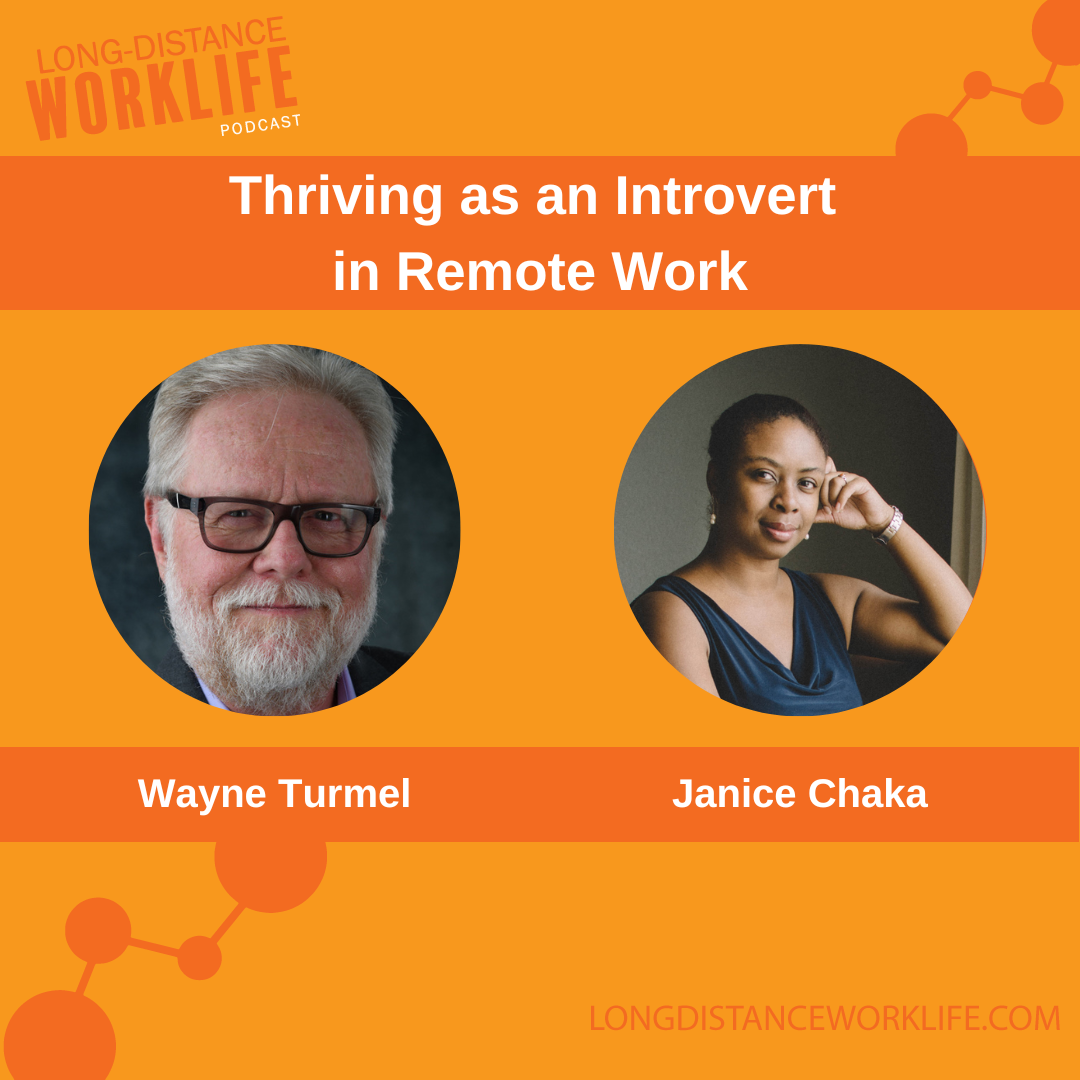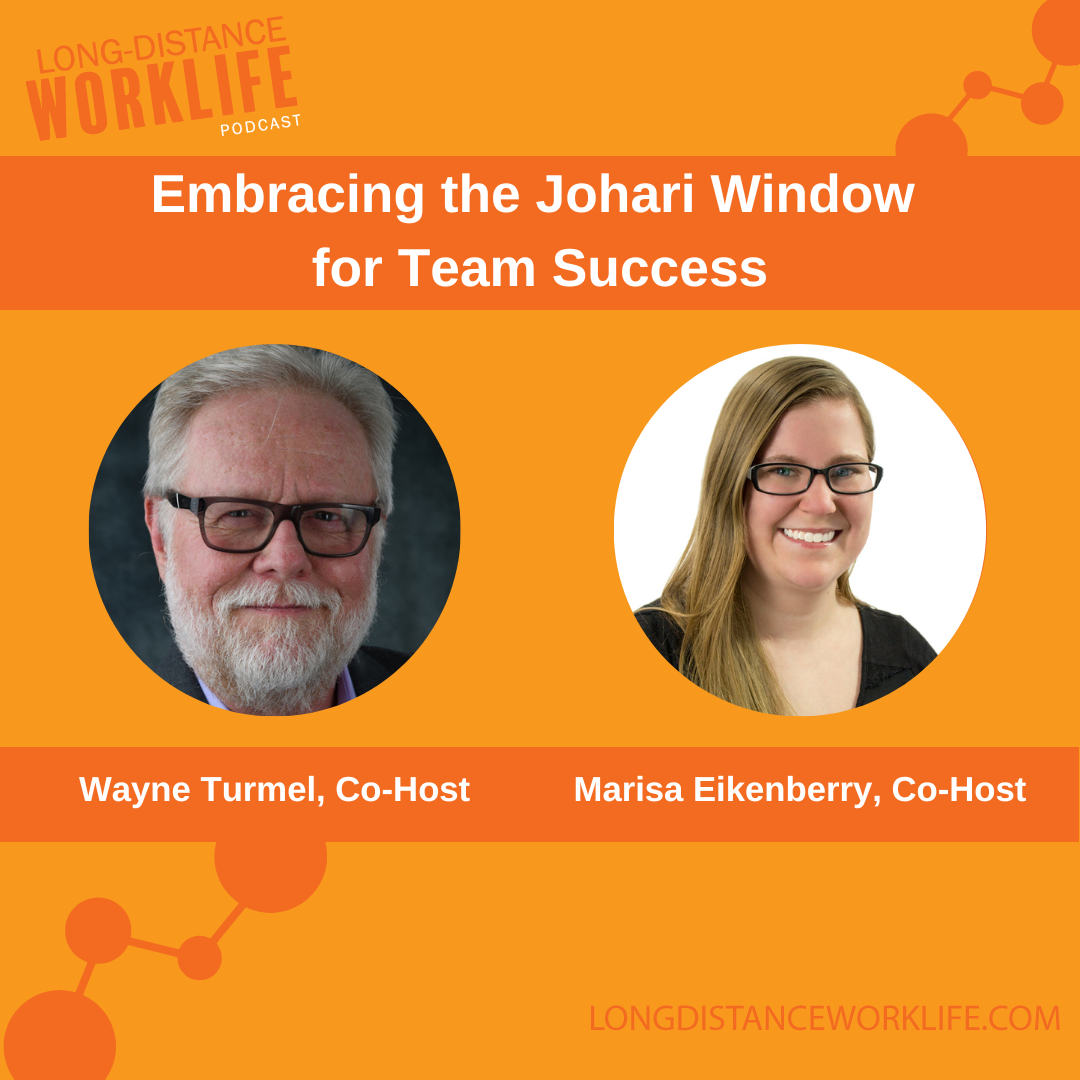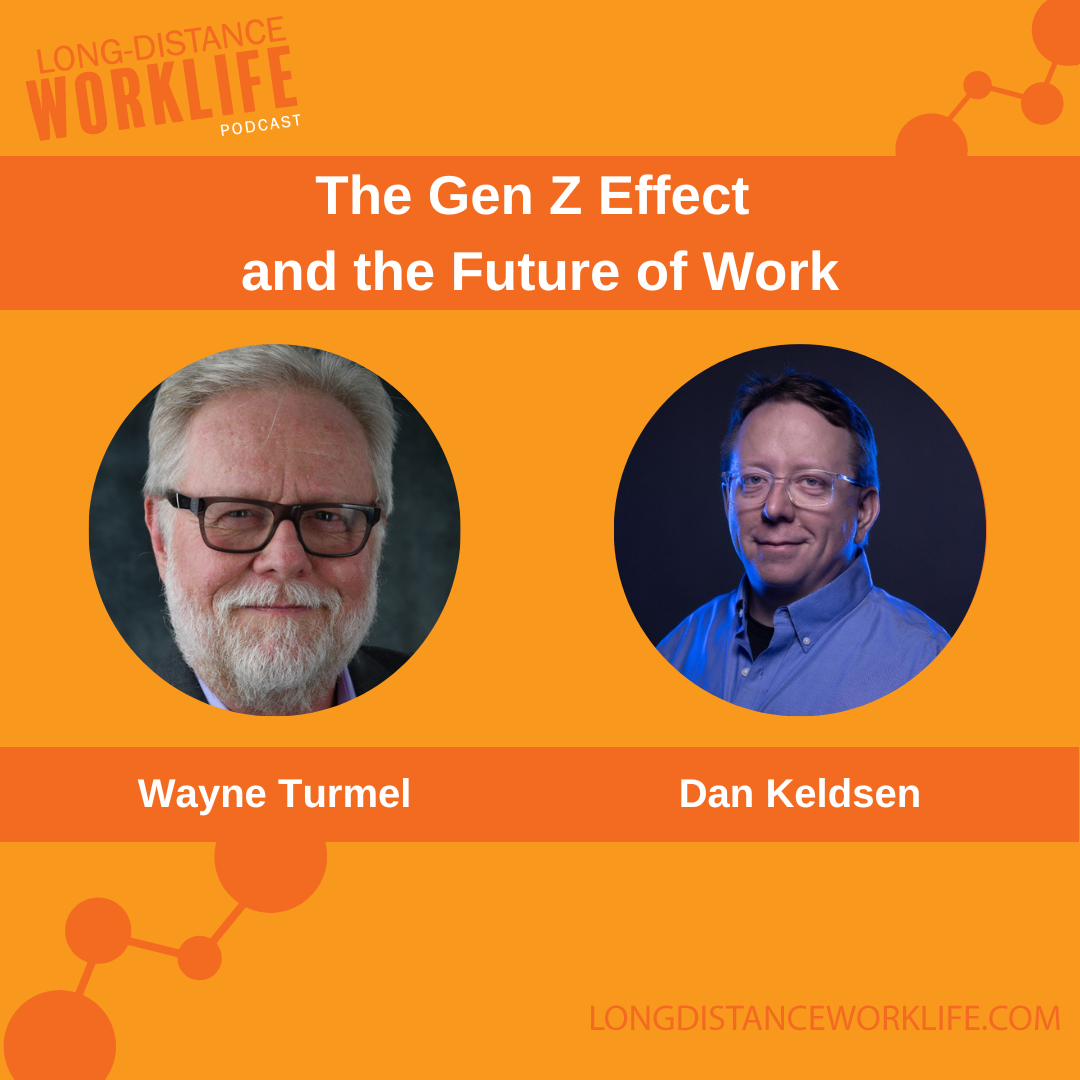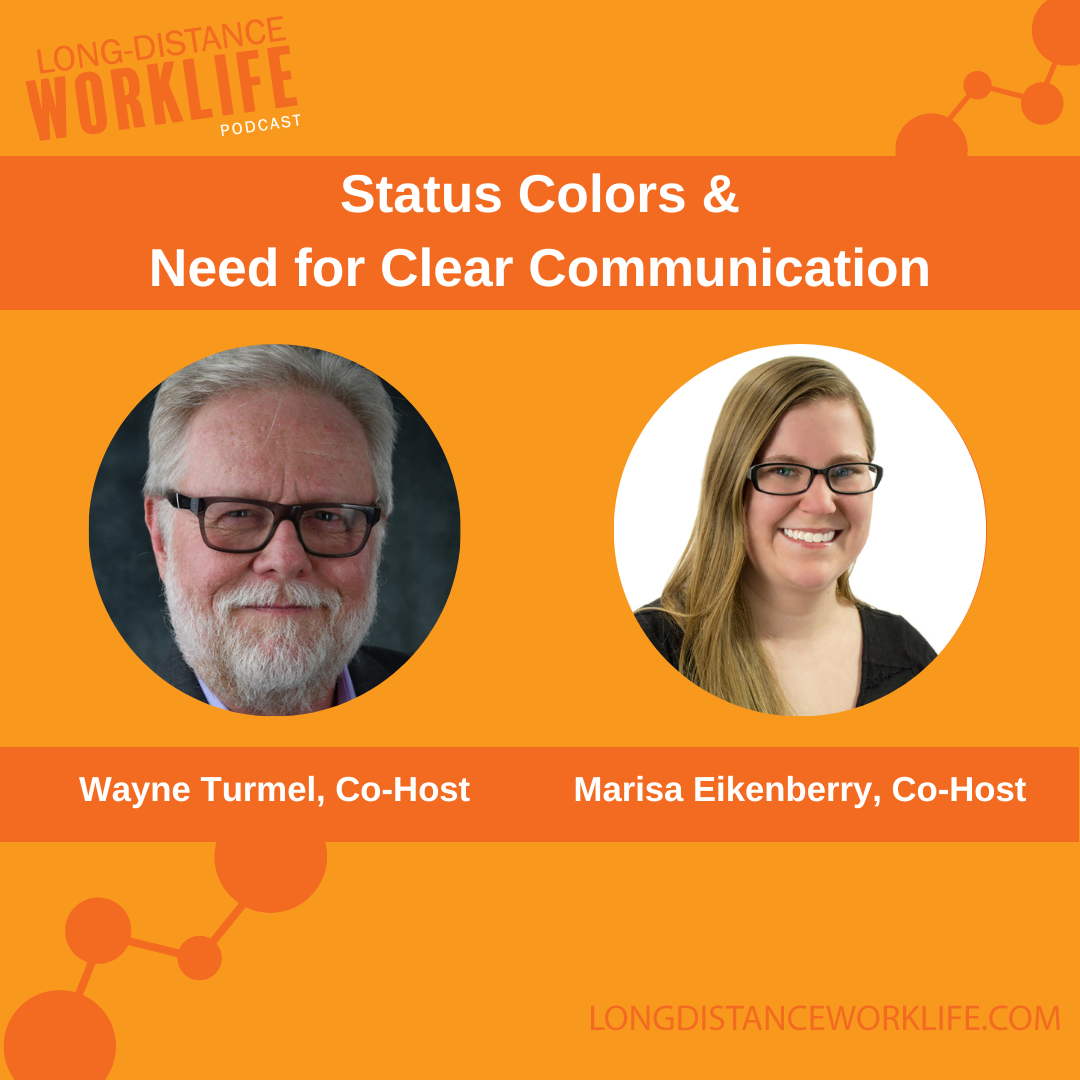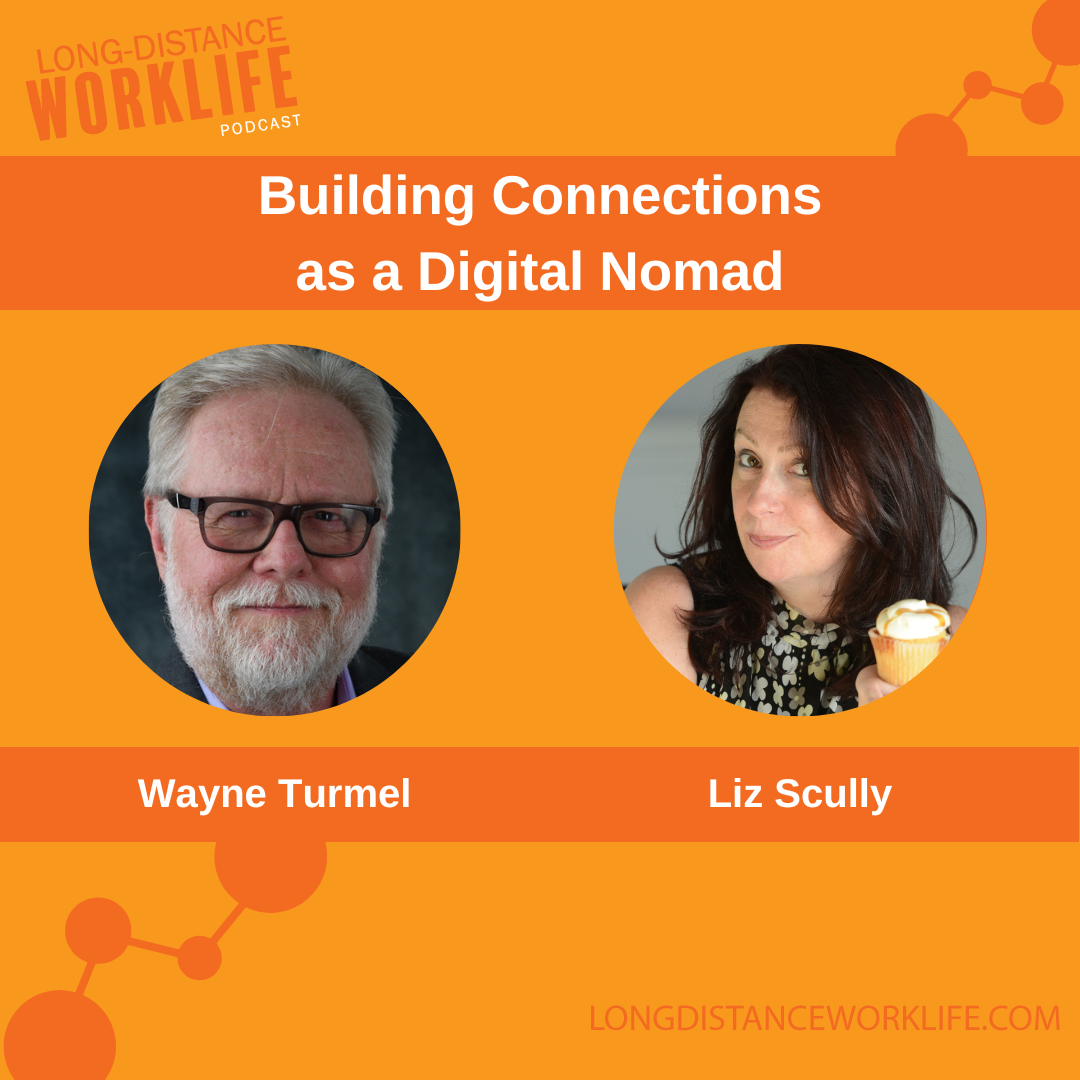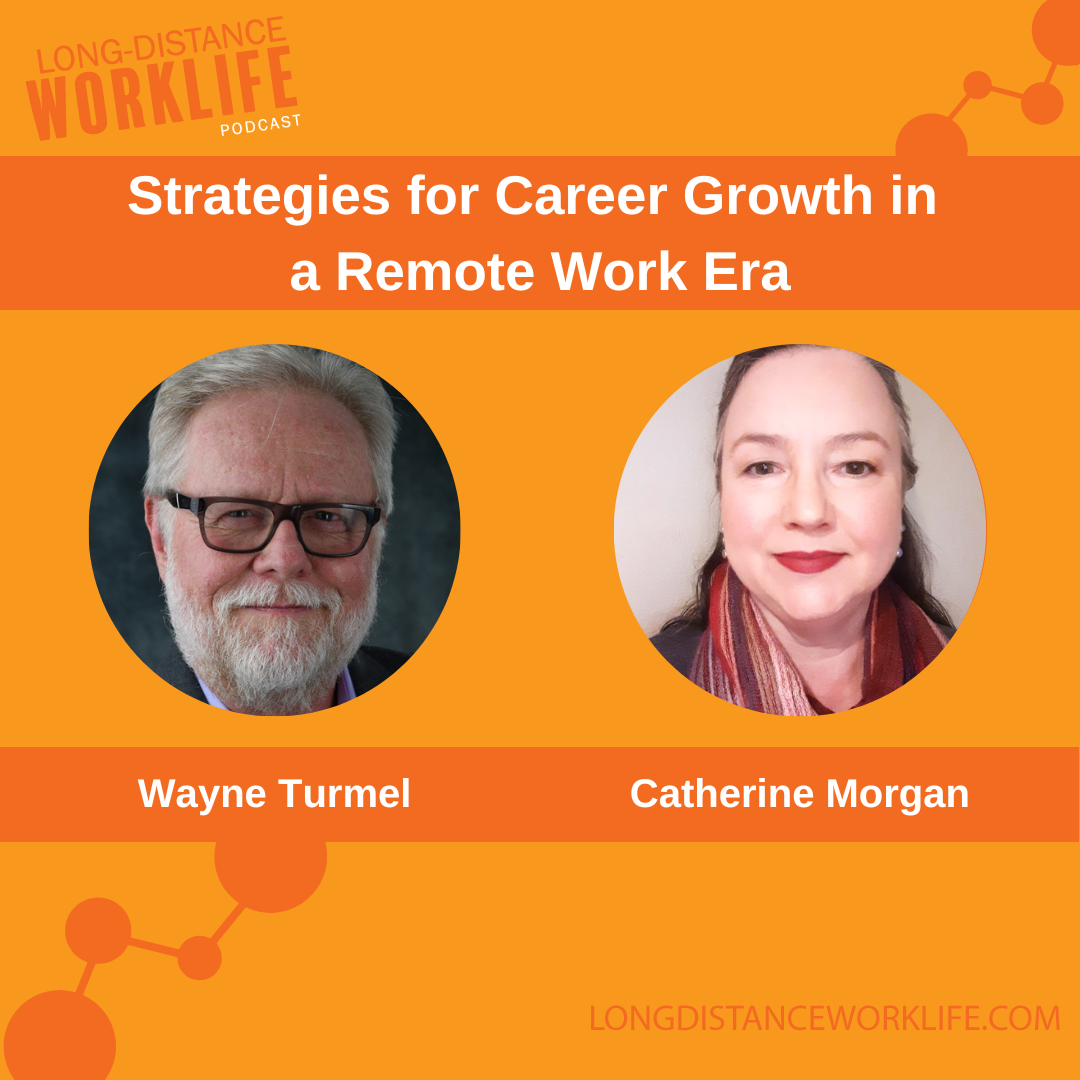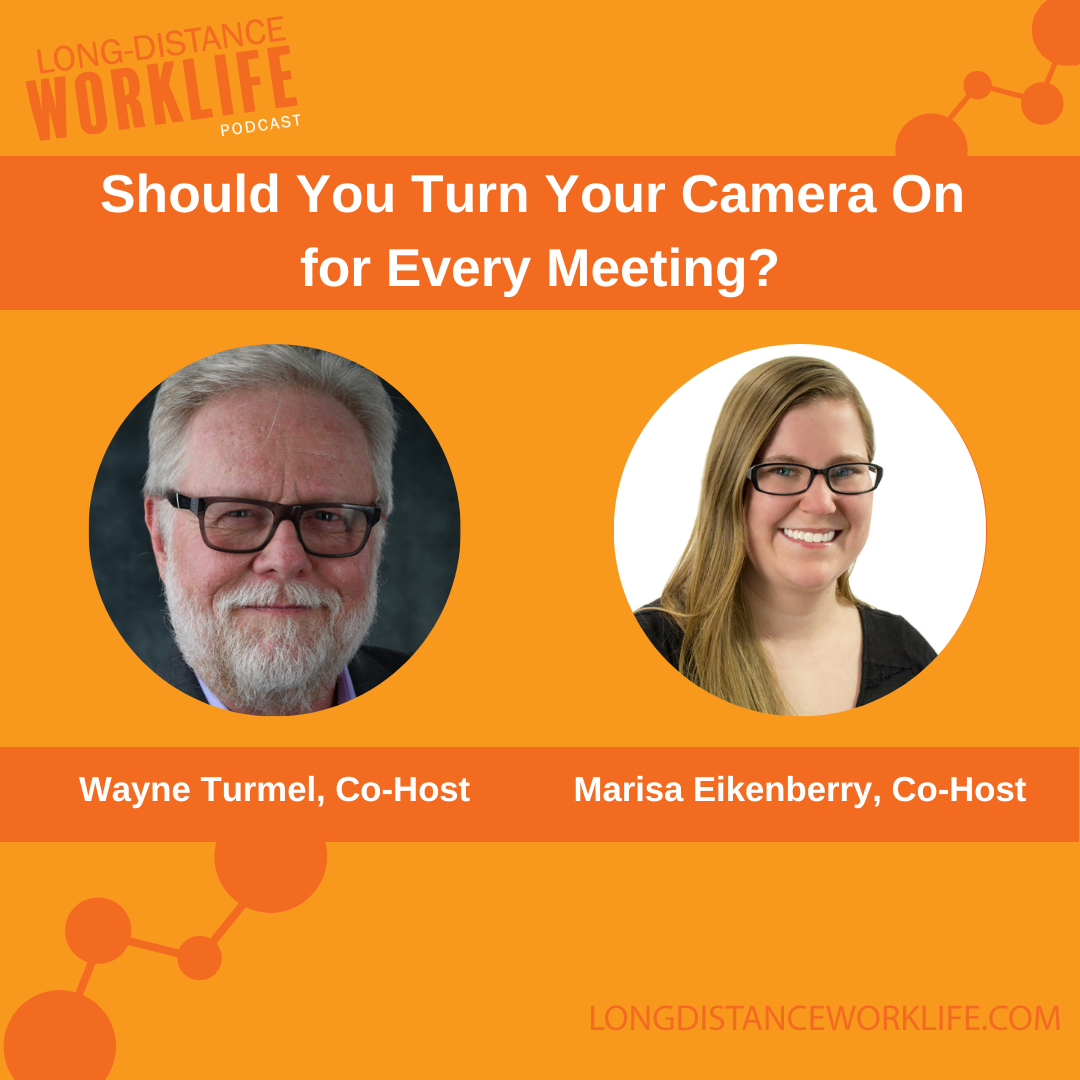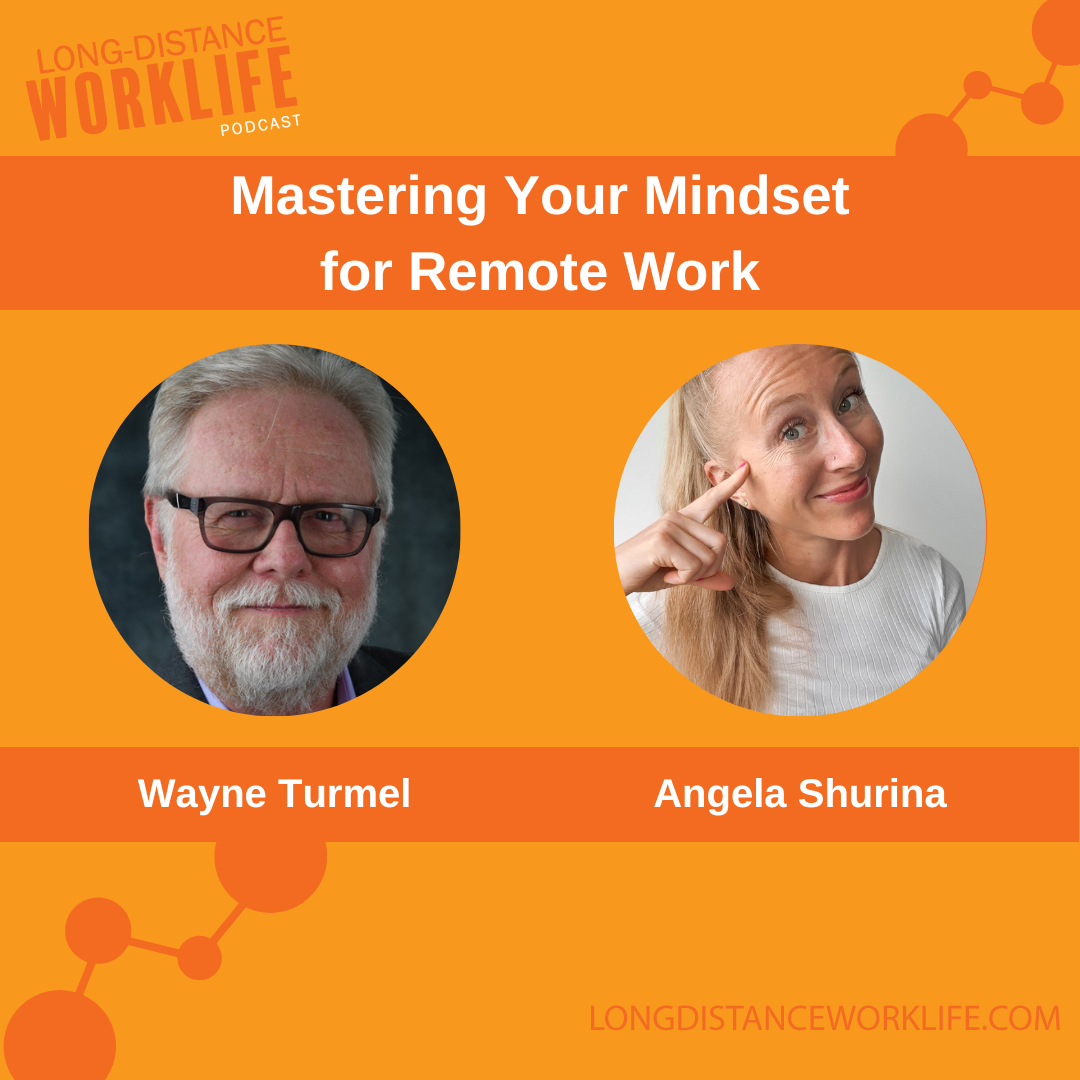In this episode, we welcome Alvaro Daza, a visionary entrepreneur with a passion for remote work and its impact on the Global South. Alv shares his unique insights from living and working in diverse countries like Colombia, Kenya, and Dubai, where remote work has been a natural way of life long before it became a global trend. He explores the evolution of remote work in lesser developed countries and how innovative solutions like virtual offices and metaverse meetings are reshaping the future of workspaces. Discover how companies are preparing for remote work, the importance of mindset shifts around productivity, and how community-driven organizations like Alv's Circlolo are creating connections and empowering remote workers worldwide. Whether you're a leader or team member on a remote team, this episode will open your mind to the exciting possibilities of remote work in our ever-changing world.
Key Takeaways
1. Remote Work in the Global South: Countries like Colombia and Kenya have embraced remote work due to historical infrastructural limitations, making it a natural and well-adapted practice for them.
2. Shifting Mindsets: Companies need to embrace a shift in mindset about productivity, recognizing that remote work can be just as effective as traditional office work, and employees can be productive in various timeframes.
3. Future of Offices: The future of offices lies in alternative spaces, such as virtual offices in the metaverse and flexible policies for remote work, fostering creativity and reducing environmental impact.
4. Embracing Freedom: Companies should focus on building communities and providing freedom for employees to work on projects based on their expertise and interests, promoting satisfaction and productivity.
5. Sustainability and Accessibility: Remote work reduces commuting and makes work accessible to more people globally, benefiting the environment and creating opportunities for a diverse workforce.
00:00:07:20 - 00:00:32:16
Wayne Turmel
Hi, everybody. Welcome. Welcome to the Long-Distance Worklife. The podcast where we try to help make sense of the world of remote and hybrid work and help you not just survive, but actually maybe enjoy it a little and live your life. My name is Wayne Turmel. I am super, super excited and I'm warning you now we're going to get super geeky today.
00:00:32:20 - 00:01:01:07
Wayne Turmel
We are going to talk about remote work in parts of the world that you might not have thought about for a while. And we're going to talk about do offices still make sense. And the person who's going to guide us through all that is not Marisa, who is not here today. We do, in fact, though, have Alv Daza who is well, he'll tell you all about himself in just a moment.
00:01:01:08 - 00:01:04:09
Wayne Turmel
Alv, welcome to the Long-Distance Worklife.
00:01:04:11 - 00:01:13:08
Alvaro Daza
Thank you so much, Wayne. I'm super thrilled I've been here and I'm very happy to say hello from Colombia, in South America.
00:01:13:10 - 00:01:38:21
Wayne Turmel
So we're going to start with something that I am in old North American white guy, and I have preconceptions about what offices look like and what remote work looks like because that's my frame of reference. Group of you are a Colombian who has lived in Kenya and currently lives in Dubai, but is now at the moment back in Colombia.
00:01:38:23 - 00:01:47:15
Wayne Turmel
And I'm going to guess that you have seen stuff that I have not. So before we get started, introduce yourself real quick and your company circle up.
00:01:47:19 - 00:02:20:03
Alvaro Daza
Thank you so much. Yeah, my name is Alvaro. I'm Colombian. A started is company connecting people across the world, selling bracelets into the last For over five years. I started traveling the world and I ended up traveling to 64 countries in that way. Then after COVID, I started a company called Circle, which is a community that connects remote workers, companies who want to transition to remote working governments, to finding ways of redefining the future by improving the ways how people work, how people connect to people, go to places.
00:02:20:05 - 00:02:29:14
Alvaro Daza
And I'm currently, in fact, yes, living in Dubai for three months in the year and moving around the world across more or less 12 countries per year every every time.
00:02:29:18 - 00:02:59:09
Wayne Turmel
Good heavens. Okay, so most of your experience certainly that's relevant to this conversation has been in what is unquestionably called lesser developed countries. I love your term for it, which is the Global South, which is kind of everything that is in North Asia, Europe, North America. When we're talking about remote work, the change here has been very seismic and it's been kind of gradual.
00:02:59:11 - 00:03:07:21
Wayne Turmel
What is the remote work scene in the global south in countries like Colombia, for example, that we might not think about?
00:03:07:21 - 00:03:29:11
Alvaro Daza
In fact, Colombia got used to remote work way before it was a thing as we were as we were discussing earlier. For example, Colombia, Colombia has had the needs of working remotely because in many, many moments we didn't have the enough resources or infrastructure to travel to another city, for example, to get education or to learn new skills or to communicate with people.
00:03:29:11 - 00:03:55:03
Alvaro Daza
So in many locations, we will need to have a meeting over a phone call, not even a video call, but a phone call and send, for example, the science of over the mail. I remember when I was a state, I studied architecture so when I was starting, I used to design infrastructure for places where violence was existent in Colombia, and I used to have to send the plane the plans of the designs with the bus, with the local bus, because it was the only way how the plans will arrive to the country, rightly so.
00:03:55:03 - 00:04:15:03
Alvaro Daza
I was working remote. I would visit the place or I would see pictures and videos and I would work from remote and and send the things to Colombia. I never had. For example, in the global south, that's something that happened for in some cases, we never had the time of adapting to that transition between the office, the office space and the remote work space.
00:04:15:05 - 00:04:23:17
Alvaro Daza
And we just jump without knowing into learning new skills that right now are very useful. And that's why the Global South is catching up very fast with it.
00:04:23:19 - 00:04:38:08
Wayne Turmel
And it's also because there's been less reliance on the p c. A lot of these countries went from not having access to doing everything on mobile devices.
00:04:38:10 - 00:05:01:08
Alvaro Daza
Totally, totally. That's true. For example, what happened in Colombia and in Guinea in particular, there are two countries that I know like deeply. It was that in the case of Colombia, the government started before. We didn't have infrastructure ala we had 60 years of violence. Hence we didn't have the opportunity of communicating between cities or doing so in the in 13 has a plan of eradicating violence in the country.
00:05:01:08 - 00:05:36:00
Alvaro Daza
The government has started a plan to establish optic fiber across the country and then an educational program sending laptops to the kids so the children so they can learn and they can educate themselves online without having to go to the schools because they were exposed to violence or otherwise. And in the case of Kenya, the the government, not the government, but a local company called Safaricom and started giving the community access to a new banking system by empowering them using the normal cell phones, not even as smartphones for doing transactions with everybody, like peer to peer transactions everywhere.
00:05:36:06 - 00:06:12:11
Alvaro Daza
And that became a thing. The fact that, for example, 80% of Kenyans, they didn't have a bank account, but they do have M-Pesa, which is the mobile banking system. So they were used to that remote banking work that as if fighting 2011 when, let's say, remote work, it started to become a thing among some Colombians. What professionals working mainly in marketing and software led to have in Colombia has now Colombians now working from their mobile phones, working from from the lockdowns in conditions that they were not really suitable, but that allowed them to access to These weren't working for international companies.
00:06:12:17 - 00:06:38:13
Alvaro Daza
Same in Kenya, for the youth who were not having access to investors. So reaching us, the investors in London and in the Gulf, in Saudi Arabia, in Dubai, working with them, sending them all of the due diligence to having access to funds and things. So probably that's why because of the way how we needed to adapt as countries, it's why remote work is not a new thing for us, but kind of a natural thing that we just adapted to.
00:06:38:13 - 00:06:39:20
Alvaro Daza
And now we just rename it.
00:06:39:22 - 00:06:49:03
Wayne Turmel
I mean, not to put too fine a point on it, you don't have 150 years of deprogramming to go through and go through the years.
00:06:49:05 - 00:06:49:14
Alvaro Daza
You don't have.
00:06:49:14 - 00:07:13:08
Wayne Turmel
Multiple generations of people who schlep to the office and then had to unlearn that which okay, so you've been working in these countries in the Global South. I love that term. And now you're in Dubai and there is no shortage of offices in Dubai. So here's my question for you. What are the future of offices? When do we need offices and when do we not?
00:07:13:10 - 00:07:38:01
Alvaro Daza
You know that now that you mentioned Dubai, I remember like Dubai, in fact, is also part of the Global South, Right? I call the Gulf and the Emirates. They are nontraditional economies and particular the Gulf has developed over the past 50 years, initially as a response to to a process of of independence that they were going through, like trying to take ideas from the best in the world back into time.
00:07:38:02 - 00:08:05:23
Alvaro Daza
So they do have the infrastructure of the US combined with the infrastructure of of the UK and then from from Japan and then from China and everything is kind of a mix. And as you say, Dubai does not have a shortage of offices, but for the past or like looking forward to the past 50 to to the next 50 years, Dubai's actually developed a plan to make people work from home by redeveloping the cities and like rebuilding areas of the city.
00:08:05:23 - 00:08:32:14
Alvaro Daza
So what you find is that now the developers, for example, in Dubai, it's very common to find developers offering you get you an apartment with a co-working space, get your apartment in a co-living space. There are hotels actually is a very good sample. Robberies is a hotel chain in Dubai, which is actually in space. They are all across the all across the city and they have coaches, they have living rooms, and they also have infrastructure for remote workers.
00:08:32:16 - 00:08:58:11
Alvaro Daza
Dubai, as well as other 52 countries in the in the in the world, which actually, by the way, 62% of these countries are in the global south, like the UAE, like together with all the other 52 countries have issued remote or visa policies for remote workers in what I think is offices are only required. And this is this is probably my vision are only required if and only if we need to start information physical.
00:08:58:13 - 00:09:11:18
Alvaro Daza
And why do I say this? Because what people have found is that is more interesting to have meetings in unusual environments, and it's actually proven that having meetings in initial environments can actually increase your productivity.
00:09:11:20 - 00:09:24:05
Wayne Turmel
So just to make sure know just to make sure people know what you're talking about, you're not saying you don't have meetings and you don't get together physically, but you can have a meeting pretty much anywhere.
00:09:24:08 - 00:09:25:19
Alvaro Daza
It's actually, in.
00:09:25:21 - 00:09:35:00
Wayne Turmel
Fact, not being in conference room B where you spend all your time may actually be better for creativity and.
00:09:35:02 - 00:09:59:19
Alvaro Daza
Totally in fact, like, let me tell you something that happened over the past two months, particularly in Colombia and in the Emirates, in Colombia, the first duty duties realization. AUDIENCE So this is or the first like crime audience was held in the metaverse in the US in the past two months. Like the guy the guy didn't need to move from the prison and the judge needed to move from his house.
00:09:59:21 - 00:10:17:02
Alvaro Daza
They had the audience in the metaverse. They create a whole office, they create the avatars of the characters, and they have they held the audience there, the lawyer, the judge. And in the clip that the presenter went all in there, in the in the places and all the this was held online. This was the first time ever in history.
00:10:17:04 - 00:10:36:02
Alvaro Daza
And now in Dubai, parallel to that one and a half, one one month ago, there was this project called London that was launched. And this is a project that offers virtual offices in the metaverse where the all the employees of the company can create their own avatar. And they sit down in a meeting room, but it's a virtual meeting room.
00:10:36:04 - 00:10:52:15
Alvaro Daza
They can be talking is like a game, so they can be talking that can be shared and they have the meeting there if they want, and they don't need to move from their locations. They if they are in the UAE or if they are outside in other parts of the world. So what I think is this the evolution of offices, it's going to be in two directions.
00:10:52:15 - 00:11:15:17
Alvaro Daza
One, alternative spaces empower local economies. This can be coffee shops, these can be restaurants, these can be places designed for remote work by the like, by the governments, like communal spaces for it or places in the metaverse. So then help us it help us to save in the city infrastructure times in transport nation and build more sustainable cities by requiring less and less cars to move, moving from one place to another.
00:11:15:17 - 00:11:41:12
Wayne Turmel
Again, I can geek out about this for a long time and you said a couple of things that have triggered much larger conversations in my adult brain as you're dealing with companies literally all over the world, obviously you have brand new startups who can start from scratch and kind of start from a blank piece of paper. But we also have existing companies with existing infrastructure.
00:11:41:12 - 00:11:54:23
Wayne Turmel
And what do you see? How are these organizations going to prep for remote work? What do you think the the important things are to consider when making that move?
00:11:55:00 - 00:12:17:07
Alvaro Daza
I think that, first of all, the main thing for big companies is the mindset around productivity, right? And this is what I find most of the times where I'm working either with governments or with corporates on the same topic, the first or some of the first impressions I get is like, Yeah, but am I is going to be as productive as they are if they are not in an office.
00:12:17:09 - 00:12:37:18
Alvaro Daza
Right? But other people who I'm working with going to be really responsive with the task they need to deliver and so on and so on. So the first thing for me is the companies are prepared, like some of the big companies are preparing by having infrastructure like alternative infrastructure. In this case, for example, network of apartments where they can host their produce.
00:12:37:18 - 00:12:57:07
Alvaro Daza
So the people who are working with them, some people are doing it really in a very funny way. They are having like, let's say, methods of control. By putting things like making people are asking people to to, to measure day time as they work day. If they wake up from the from the work station, they have to stop the time of productivity and so on and so on.
00:12:57:07 - 00:13:37:04
Alvaro Daza
And some other companies are just going 100% remote and trying to, let's say, go without timeframes and and these type of things to work. What personally we found is that each company is very different and the best way of preparing for remote work in the case of the companies is understand that first of all, is a responsibility, meaning that the indirect implications and that implications of working remote are not only mental health implications, improving the mental health and the connection of people with the plot, with the family and loved ones and but also environments, environments of compensation or environmental effects by, for example, making cities that can breathe better because the cars are not moving
00:13:37:04 - 00:14:08:19
Alvaro Daza
anymore. That much. And for a company to prepare for remote work, the first thing that needs to to happen is a shift in the way how they think of productivity and understand that people can be productive as long as the company understand deeply their produce and know what are the best times for productivity of each and every of them that there are like there is enough information on the types of productivity, the types of personality, and how that personality can affect and can make people, people able to work in different timeframes.
00:14:08:21 - 00:14:42:01
Alvaro Daza
And if companies take this as an advantage, especially international companies, they can actually find an ally in remote work to make the companies work better If they have the employees not only related to the place where they work from, but to the waste, how they work in order for them to achieve task and I also think that the companies that some companies in the Global South, particularly that are working closely with governments and making sure that because that's another and other challenge is the policy making right and how the how the framework, the legal framework works in each country.
00:14:42:01 - 00:15:06:05
Alvaro Daza
So some companies are already working with policymakers in order to create a flexible policy that can allow companies to introduce in nontraditional timeframes so the employees can actually be productive in their own way. So I think that these are the two sides, the companies working with policymakers and the companies understanding the productivity times of their employees in these ways is how companies, I think, are preparing for remote work.
00:15:06:08 - 00:15:20:16
Wayne Turmel
So much good stuff. How to single out a circle of work. I mean, you know, you've got people and stuff and just as the guy running the business, how do you structure it and make it work?
00:15:20:16 - 00:15:40:14
Alvaro Daza
I met a very good friend as I was traveling five years ago. His name is Matt Perez and his wife. I remember I arrived at his house. He told me about his company called Near Salt and this these and they are salt companies, a company that creates software for companies who want the people to work remotely, essentially. So this was a whole new thing for me.
00:15:40:16 - 00:16:10:08
Alvaro Daza
And then when I asked him about some works, he says, Well, my company has no bosses or no or employees. And I'm like, How is that? So it's like, you see, I develop a concept that is called the radical companies movement and this radical company movement consists in finding organic waste in the same way how the brain works and operates by using the stimulations from the environment to allocate tasks across the people or among the people who are working in a company.
00:16:10:11 - 00:16:28:11
Alvaro Daza
And like the same small groups are small corporate products. So I fully I fell in love with this idea and I tried many times to have a company without bosses and employees. I failed many times. And what we found kind of a good formula. That is the way how we work. Currently, we have teams allocated in different parts of the world.
00:16:28:11 - 00:16:57:15
Alvaro Daza
We are 100% remote and what we do is we hire people or we work with people who have, let's say, unique sets of skills. They are not only good in accounting, but they can also be good in market and also good in design and also good in different other things. So then they can be allocated in different types of tasks and they can get money, let's say basic money, very good money, but also they can get bonuses by things that they do or achievements that they make based on the new ways.
00:16:57:15 - 00:17:15:09
Alvaro Daza
How the company find new find is that a company has seen in ways to perform better at remote. What does it say on the on the backend now on the front end circle is very difficult in that community. We understand that right now companies are not any more about a product company out of now and for the future about a community.
00:17:15:11 - 00:17:37:20
Alvaro Daza
So we are essentially a community that aims to connect remote workers and communities around the world. What we do is we find the providers of accommodations, we find the policymakers, we find the companies, we find the insurance providers, like every aspect of what a remote work worker might need or a remote company might need. We find them, we connect them, and then we sell a membership.
00:17:37:22 - 00:18:00:17
Alvaro Daza
And these membership that can be a corporate membership or an individual membership, let's say, falls under a tier that is represented by this bracelet. When people have access to that membership. Just to give you an example, if you are a sole proprietorship or like an individual and you want to travel to work, we just offer you this membership and you never have to pay a bigger a bigger cost for rent.
00:18:00:17 - 00:18:21:05
Alvaro Daza
You just travel and always you pay the same for an apartment in more than 80 countries in the world, you always get the same health insurance. That is actually I had the general travel insurance, but I health insurance, you have you have access to 30,000 gyms to assistance in disaster assistance and everything you need for us. Remote worker only pay once so that you don't have to worry.
00:18:21:07 - 00:18:37:22
Alvaro Daza
But now as a government, what we do is we connect you with the stakeholders, with the remote workers, with the companies who are working in, let's say, transition for remote work, and we attract the companies to your country and we have you to do the policy making in order to redesign the city. So to adapt this is for remote work.
00:18:38:00 - 00:18:56:18
Alvaro Daza
And as a corporation, what we do is we onboard all the people that you are working with who are remote workers or consultants and only pay us one fee, you get access to all the properties for the things that you need to so you don't sign 10,000 contracts in each of the cities where you operate. You only sign one contract and that gives you access to everything.
00:18:56:20 - 00:19:33:21
Wayne Turmel
So that I mean, you're seeing a couple of things in terms of circle. So it's a central centralized approach relies upon working, working, you know, across across the globe, essentially what I'm what I'm hearing about what you're doing as circle is when you work on a project basis, it allows much more freedom for remote work for people to be on their time zones, because when you're assigning the project, it can be by geography, it can be by skill set, it can be by whatever.
00:19:33:21 - 00:19:54:07
Wayne Turmel
And that notion of, you know, you're going to work on this project for a while and then you're going to work on this project for a while is another change that is going to happen in the workplace. Instead of you're going to sit at this desk for the next five years until your boss dies so that you can get a promotion through.
00:19:54:09 - 00:20:20:04
Alvaro Daza
I think that's right. Now, it's not anything like it's good that that you mentioned the word promotion. I think that there's a very funny, funny term that I, I don't like very much, but I hear a lot that is that them call emotional salary. Right. So like that emotional side is like let's say all the incentives that your company gives you in order to feel better at the workplace and like wanting to stay in the company.
00:20:20:04 - 00:20:41:05
Alvaro Daza
Right. Why? Because some companies found that people will stay in a work position for 18 months on average, and they will leave for another job. So many companies were struggling with retaining the employees. They developed this whole compensation package that is called no emotional salaries. First of all, I think that's very creepy because I shouldn't have to stick to it.
00:20:41:05 - 00:21:08:07
Alvaro Daza
I have to to compensate someone like it to make someone feel happy about something that they're supposed to love. Right. It would be better and easier if a company understands the people that they are working with, their dreams, their aspirations and their intentions. And that's white promotion doesn't matter anymore, or that emotional salary doesn't matter anymore. People are identified by the idea of belonging again, and that belonging is not a physical space or a brand.
00:21:08:12 - 00:21:28:21
Alvaro Daza
They don't want to work for Google or for Facebook or for Apple. They want to work for a project for something that brings change, for something that is aligned with what they do. And they don't want to be promoted somewhere. What they want is to be able to cover and to afford whatever they want to afford. And they they don't necessarily want to be associated with one with one type of job.
00:21:28:23 - 00:21:44:16
Alvaro Daza
They want to be jack of all trades. Right? Like somehow people want to be a singer at the same time that they are an influencer at the same time that they're in a content and that is all one person. So if you understand that way how people think and understand the world right now, that is a perspective of freedom.
00:21:44:16 - 00:21:56:08
Alvaro Daza
And companies use that freedom to give people the enough space to develop their capacities at 100%. So then companies are going to be not only more productive, but people are also going to be happier.
00:21:56:11 - 00:22:08:04
Wayne Turmel
Well, again, you know, we have gone on way longer than we were supposed to and still could. If you ever get to Las Vegas. I owe you a beverage, my friend.
00:22:08:04 - 00:22:09:19
Alvaro Daza
I would love to.
00:22:09:21 - 00:22:35:06
Wayne Turmel
We need to continue this conversation. In the meantime, for those of you who've enjoyed this show and want to know how to get hold of Alvaro and learn more about Circolo, go and we will have his LinkedIn information and links to the company and all of that good stuff available on our website. Longdistanceworklife.com.
00:22:35:08 - 00:23:12:20
Wayne Turmel
You listen to podcasts, by the way, we just went over 5000 downloads in barely a year. We're very pleased people are finding the show. I suspect some of that is people telling people about the show. So if you like us, please like and subscribe. It means the world to us in the podcast business. If you want to reach out to us, if you have comments, questions, vicious personal attacks, especially if you have specific questions or pet peeves about remote or hybrid work, you can contact Marisa at Kevin Eikenberry.
00:23:12:20 - 00:23:39:09
Wayne Turmel
Dot com. Wayne at Kevin Eikenberry dot com and we will include you in your question in some of those episodes. Meantime, I'm going to remind you, if you are looking at redesign your team, my and Kevin Eikenberry's book, the Long-Distance Team: designing your team for everyone's success is out there in the world. You can find that at longdistanceteambook.com. Alv Daza,
00:23:39:09 - 00:23:50:21
Wayne Turmel
Thank you so much for being with us. We will be with you in the next episode of The Long-Distance Worklife. Thank you for joining us. Don't let the weasels get you down.
Time Stamps
00:00 Introduction
00:32 Alv Daza's Introduction
01:01 Remote Work in the Global South
02:20 The Future of Offices
06:38 Preparing for Remote Work
15:06 Circolo
19:33 Future of Work
22:09 Conclusion and Call-to-Action
Related Episodes
Featured Guest

Name: Alvaro Daza
What He Does: Co-founder of Circolo.life | Nomad Entrepreneur | Author
Notable: As founder of Circolo, a Network State that connects people and communities around the world, Alv focuses in creating a world for a new kind of citizen who travels, works, connects and discovers at the same time.
Additional Resources
- Learn more about Circolo
- Connect with Circolo on Instagram
- Connect with Circolo on LinkedIn
- Learn more about Alv Daza
- Connect with Alv Daza on LinkedIn
- Connect with Alv Daza on Instagram
- Learn more about Wayne Turmel
- Connect with Wayne Turmel on LinkedIn
- Email Wayne Turmel
- Purchase a copy of The Long-Distance Leader
- Purchase a copy of The Long-Distance Teammate
- Order a copy of The Long-Distance Team
- The Kevin Eikenberry Group
Order The Long-Distance Team
Remote leadership experts, Kevin Eikenberry and Wayne Turmel, help leaders navigate the new world of remote and hybrid teams to design the culture they desire for their teams and organizations in their new book!


